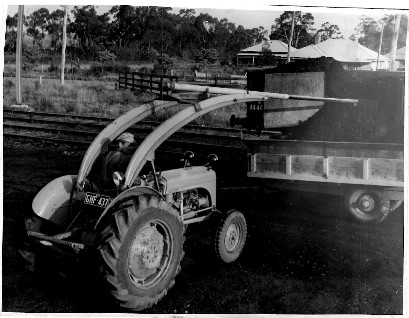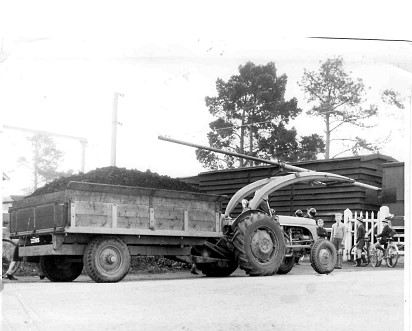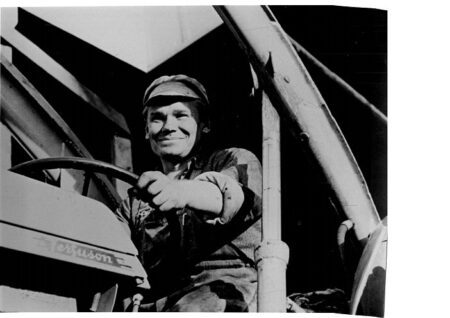 Australia has long been the destination for immigrants from all over the world, whether it was the gold rushes of the 1850’s or the rapid population growth of post second world war Europe when tens of thousands of families sought to escape the chaos that existed.
Australia has long been the destination for immigrants from all over the world, whether it was the gold rushes of the 1850’s or the rapid population growth of post second world war Europe when tens of thousands of families sought to escape the chaos that existed.
Longwarry became home for many of these people, who gratefully accepted the opportunities their new life offered, and they readily adapted to life in a small country town.
However, the locals never fully understood the sacrifices and horrors that these “new chums” had made and experienced during those days of World War 2.
One of the families that adopted Longwarry as their home was the Chmielewski family, Zbigniew (affectionally known as “Snowy”) and wife Veronica.
Both were born in Poland and were just teenagers when the Germans invaded Poland, “Snowy” was born in Warsaw and Veronica in Krakow.
They were taken from their homes and sent to Germany where they were forced to work in labour camps.
They both survived the labour camps and frequent allied bombings, met each other after the war and married. “Snowy” joined the Polish National Guard and was sent to Nuremberg to guard the Germans being tried for war crimes.
When his time in the guard was up, he was recommended by the Australian authorities as being a suitable person for immigration to Australia and wanting to escape the chaos of Europe and looking for a better life for their family, they left Europe arriving in Australia in 1950 and were housed at the Bonegilla Migrant Reception Centre
As part of their obligation in coming to Australia, “Snowy” was required to undertake to work for two years on the railways and this meant a move to Berwick.
Whilst living in Berwick and after completing his two years, the Catholic Church in Longwarry offered to sponsor five families to move to Longwarry and they gratefully accepted the offer.
“Snowy” had saved enough money to buy a small tractor and trailer and he began work at the dairy factory.
With the opening up of the coal reserves in the Latrobe Valley the factory had moved from wood burning boilers to using briquettes, dozens of carriages of briquettes would be off loaded and shunted into the goods yards.
The problem was that the yards were on the south side of the rail line and the factory was on the north side and the only crossing was at the other end of the main street.
It was “Snowy’s job to load the briquettes into his tractor and trailer and transport them through the town to the factory.
He would use a scoop on the front of his tractor to load the briquettes into the trailer and then travel around to the factory to unload.
He did this from the beginning of his shift until the end, continuously driving up and down the street, always with a cheery smile and wave for everyone he passed, he became a well-known, very popular figure in the town.
By the end of his working day he would be covered in black briquette dust and in true Australian irreverence he was given the nickname “Snowy”.
When the factory finally moved to using natural gas for its boilers “Snowy” trained to become a boiler attendant and like so many other immigrants wanting to secure a future for his family, he saved enough to buy about 40 acres where he raised pigs and some cattle.
Longwarry residents welcomed so many of these families into the town, but it was never fully known what they had left behind and why they were so grateful to join the Longwarry community and so become a part of its history.


Comments